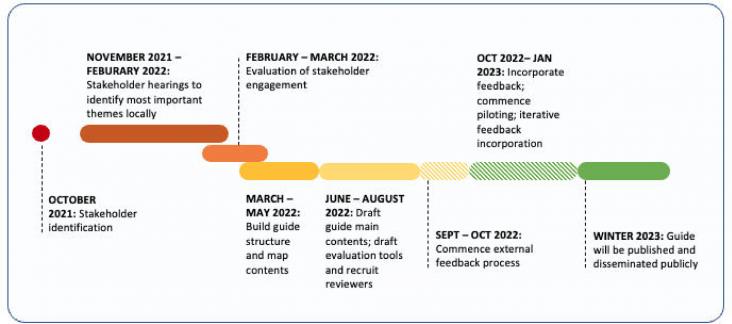Dismantling racism in health care demands that medical education promote racial justice throughout all stages of medical training. The development of any anti-racism curriculum in medicine requires the ability to identify racial bias in practices we have not previously recognized as explicitly racist or unjust.
Microplastics are plastic pieces smaller than 5 mm in size. They are considered emerging contaminants due to their toxic effect on living organisms.

Climate justice and health education can address the disproportionate health impacts of climate change on minoritized communities by providing frameworks to build awareness and instigate action on climate-related health inequities.
This paper focuses on raising awareness of disability among Saudi university graduates.
This article ties to SDG 3 & 4. The present study adapted and assessed the efficacy of a brief psychological group intervention, the STAR program: Strengths, Transitions, Adjustments and Resilience for university students who are Internally Displaced Persons (IDPs).The present study adapted and assessed the efficacy of a brief psychological group intervention, the STAR program: Strengths, Transitions, Adjustments and Resilience for university students who are Internally Displaced Persons (IDPs).
This article ties to SDG 3 & 4. This study tests whether intolerance of uncertainty changes with participation in improvisational theater class, and whether that change can explain changes in social anxiety.
Negative attitudes toward mental illness and treatment are attributed to a lack of or inaccurate mental health knowledge.
Research indicates that tourists continue to have difficulty assessing animals' welfare at wildlife tourism attractions, and so there is an immediate need for more education on such impacts. The purpose of this paper is to fill this education knowledge gap by introducing an environmental literacy framework, i.e., “what an environmentally literate person should know and be able to do,” in progressing from animal welfare illiteracy in tourism to literacy.
Children with special healthcare needs (CSHCN) are particularly susceptible to extreme weather events. The aim of this study is to contribute to the limited body of literature related to the climate crisis and CSHCN, and to summarize possible ways to improve the disaster preparedness of families of CSHCN.
How adapting math instruction for those with learning disabilities can allow them to increase their understanding of mathematics. Supports SDGs 4 and 10.
